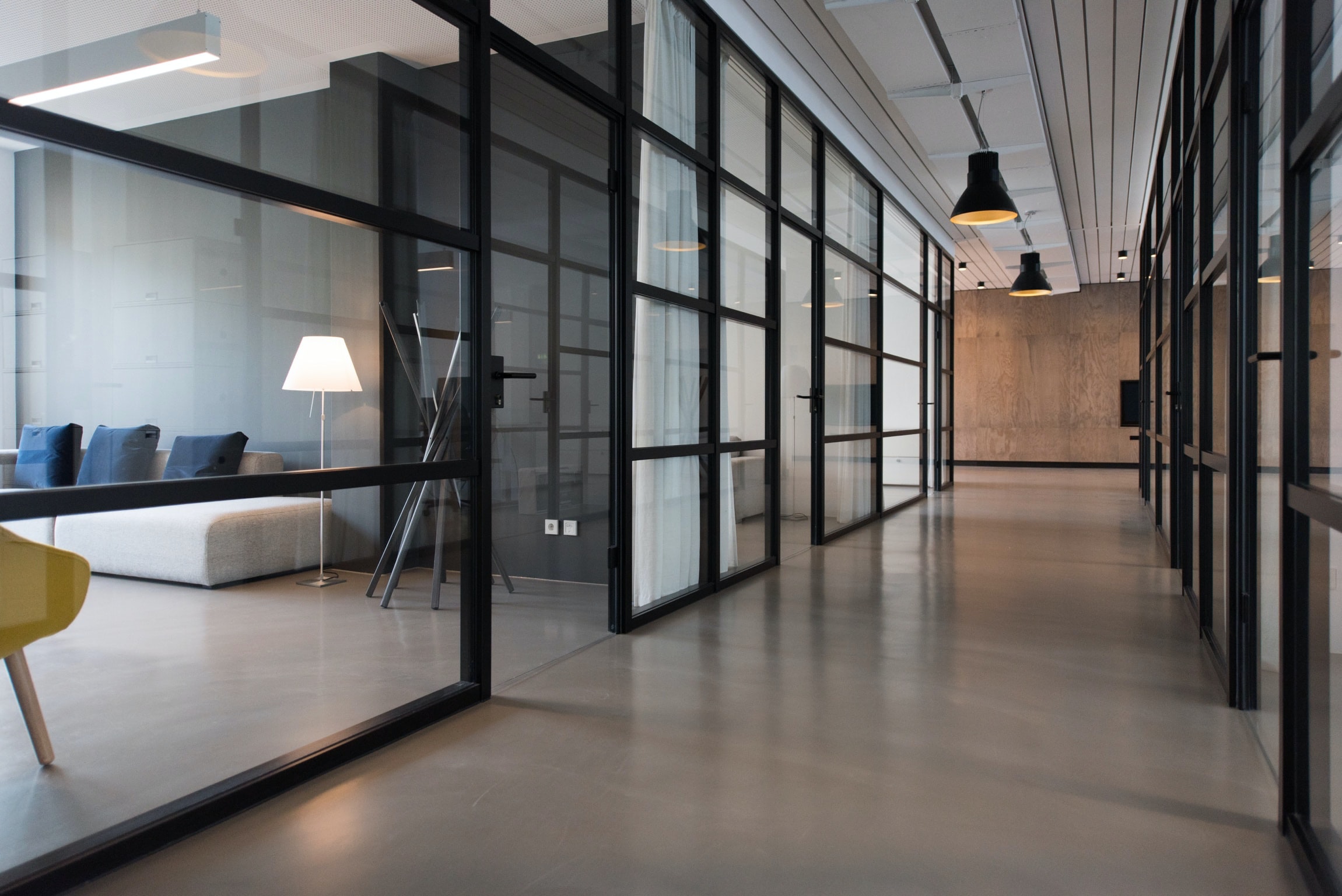As the UK’s vaccination efforts continue to pick up speed, businesses need to look ahead to what the future of work will look like. Some businesses are gambling on employees working from home for the foreseeable future, while other organisations are keen to return to the office as soon as restrictions are due to be lifted on 21 June. However, to retain talented workers and remain competitive, businesses will need to offer the flexibility to choose.
The past year has transformed the way we work. A workspace is no longer limited to a desk, the 9-to-5 workday is dead, and employee experience is more than ping-pong tables and an open bar. So how do we adopt a new future of work when the workplace we knew pre-pandemic no longer exists?
Listen to your employees’ needs
Over the past 15 months, remote working has become the new norm for workplaces across a majority of sectors. To facilitate this shift in the working environment, tools such as Slack and Zoom have proven essential for teams to stay connected. Despite this, findings from our UK Return to the Workplace Report, examining employee attitudes on office returns one year after the pandemic caused widespread remote work, revealed a majority of employees (59%) remain concerned about the health and safety risks posed by a return to the office. Yet employees were keen to return in some capacity, with a hybrid and flexible work model as the preferred solution – with 3 in 4 (70%) UK workers believing a hybrid model would result in personal benefits.
Therefore, it is critical to listen to how employees are feeling, and take steps to implement the changes necessary so that the workforce can reach it’s true potential. One of the ways in which organisations can do this is through holding regular surveys to gauge employee feeling and sentiment, and draw on these findings to effect change. All of this speaks to a wider issue about why employees should be offered the flexibility of choice, for when and where they choose to work. Our mission is to provide companies with the technology to empower employees to return with confidence by creating a safe office environment.
Employees miss the workplace and its association with social experiences, such as watercooler moments and in-person brainstorms. This kind of socialisation is key to creative thinking and is something that was likely taken for granted pre-pandemic. UK businesses need to be prepared with a hybrid work solution. Employees need flexibility in their working routine to find the balance they require to optimise performance and stabilise their mental health. So how can businesses create the conditions that can allow employees to return to the office safely?
Implement office technology to realise the benefits of cross-functional collaboration
Given the current uncertainty surrounding when and how we will work in the future, technology will be instrumental in enabling the flexibility of choosing to transition back to an office environment and working remotely. With access to new technology tools, developed over the last year, companies need to commit to new health and safety standards and prepare for a return to work.
Demonstrate your commitment to hybrid working
Businesses are now at a crossroads. Do they double down on a remote working future, or prepare for both environments? Envoy’s research shows that employees want the option to choose. To succeed, businesses need to deploy the appropriate technology solutions that allow for effective and safe implementation of a hybrid working model – enabling teams to collaborate and thrive. Taking this action will demonstrate that your organisation is dedicated to its employees – actively listening, learning and adjusting with them, with their best interests in mind.







